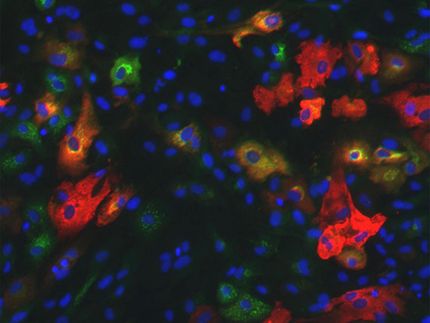Smoking is in the genes
Advertisement
Dutch researcher Jacqueline Vink has discovered that the number of cigarettes smoked per day and the level of nicotine dependence is largely down to a person's genes. She investigated the smoking behaviour of more than 16,000 twins and their relatives.
Whether or not a young person starts smoking largely depends on his or her environment. Smoking friends and family members increase the chance that someone will take up smoking. Jacqueline Vink discovered that the variation between smokers in the number of cigarettes smoked per day is genetically determined. The same is true for the degree of nicotine dependency.
However, a predisposition for nicotine addiction does not mean that somebody will also become addicted or remain addicted. Smokers who have a genetic disposition can still stop smoking, even though they probably belong to the group who finds it hardest to quit.
Vink also investigated which genes play a role in smoking. She found that chromosomes 6 and 14 contain regions involved with taking up smoking. On chromosome 3 there is a region involved in the number of cigarettes that somebody smokes per day. Chromosome 10 contains a region that plays a role in both the number of cigarettes smoked per day as well as the chance that somebody takes up smoking. Further research is needed to determine exactly which genes are involved.
For her research, the Ph.D. student used data from a large study of more than 16,000 twins (and their relatives) from the Dutch Twin Register. Some of the people questioned also supplied DNA material for the study.
This study is part of the Addiction programme from NWO and ZonMw (Netherlands Organisation for Health Research and Development).





















































